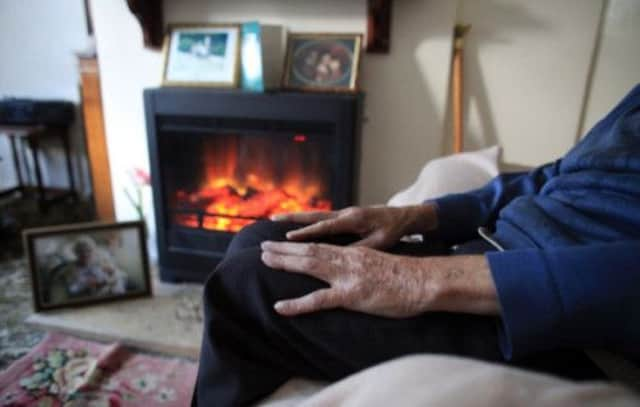Kim Hartley: Professional teams key for healthcare


Providing diagnosis, therapy and support for a wide range of speech, language and communication needs as well as eating, drinking and swallowing difficulties, therapists commonly work with the elderly, stroke survivors and those with long-term conditions including dementia, cancer, autistic spectrum disorder and learning disability.
By making a significant contribution to the care provided to such patients, early intervention from SLTs helps to maximise the recovery process, independence and quality of life for the people with whom they work. SLTs also help to reduce hospital admissions and support early return from hospital to home or social care.
Advertisement
Hide AdAdvertisement
Hide AdWith this in mind, the soon to be published Adult Health and Social Care Integration Bill, due to be introduced to parliament this year, provides a real opportunity for Scotland’s health and social care system to realise the true benefits that SLTs and other allied health professionals (AHPs) bring to our care system.
The bill must commit to making better use of the substantial expertise and experience that AHPs bring to adult health and social care.
SLTs and the services they deliver represent fantastic value for money and are an excellent example of how, by securing the right services now, Scotland can improve not only the quality of the patient and carer experience but also save a lot of money.
The Scottish Government’s bill aims to ensure that adult health and social care budgets are used more effectively to achieve quality and consistency and to realise a shift in the balance of care from institutional to community-based settings.
The national and local services can be enabled to achieve this by having guaranteed standards of allied health professional provision. Without AHPs round these tables, Scotland runs the risk of missing the sea change in health and social care most of us want.
• Kim Hartley is Scotland Officer of the Royal College of Speech and Language Therapists.